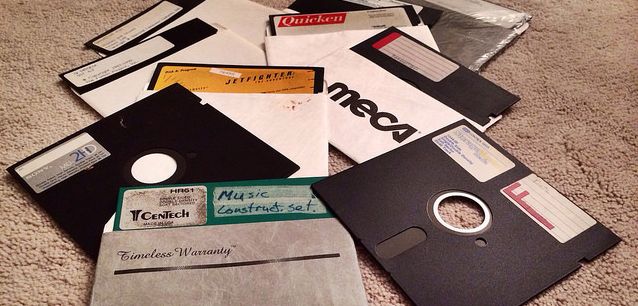Court essentially holds “no harm, no foul” in case involving violation of federal privacy statute. The case fails to provide an incentive for “privacy by design”.
Can a company that is obligated by law to destroy information about its former customers be held liable under that law if, after the contract with the customer ends, the company does not destroy the information as required? A recent decision from the United States Court of Appeals for the Eighth Circuit (which is located in St. Louis) gives some insight into that issue. The case is called Braitberg v. Charter Communications, Inc., — F.3d —, 2016 WL 4698283 (8th Cir., Sep. 8, 2016).

Plaintiff filed a lawsuit against his former cable company after he learned that the company held on to his personally identifiable information, including his social security number, years after he had terminated his cable service. The cable company was obligated under the federal Cable Communications Policy Act to “destroy personally identifiable information if the information is no longer necessary for the purpose for which it was collected.”
The lower court dismissed the lawsuit on the basis that plaintiff had not properly demonstrated that he had standing to bring the lawsuit. Plaintiff appealed to the Eighth Circuit. On review, the court of appeals affirmed the dismissal of the lawsuit.
The appellate court’s decision was informed by the recent Supreme Court decision in Spokeo, Inc. v. Robins, 136 S.Ct. 1540 (S.Ct. 2016), which addressed, among other things, the question of whether a plaintiff asserting violation of a privacy statute has standing to sue.
As a general matter, Article III of the Constitution limits the jurisdiction of the federal courts to actual “cases or controversies”. A party invoking federal jurisdiction must show, among other things, that the alleged injury is both “concrete and particularized” and “actual or imminent, not conjectural or hypothetical”.
In this case, the Court of Appeals found that plaintiff had not alleged an injury in fact as required under Article III and the Spokeo decision. His complaint asserted merely “a bare procedural violation, divorced from any concrete harm.”
The court’s opinion goes on to provide some examples of when the violation of a privacy statute would give rise to standing. It does this by noting certain things that plaintiff did not allege. He did not, for example allege that defendant had disclosed information to a third party, that any other party accessed the data, or that defendant used the information in any way after the termination of the agreement. Simply stated, he identified no material risk of harm from the retention. This speculative or hypothetical risk was insufficient for him to bring the lawsuit.
One unfortunate side effect of this decision is that it does little to encourage the implementation of “privacy by design” in the development of online platforms. As we have discussed before, various interests, including the federal government, have encouraged companies to develop systems in a way that only keeps data around for as long as it is needed. The federal courts’ unwillingness to recognize liability in situations where data is indeed kept around longer than necessary, even in violation of the law, does not provide an incentive for the utilization of privacy by design practices.
Braitberg v. Charter Communications, Inc., — F.3d —, 2016 WL 4698283 (8th Cir., Sep. 8, 2016)
Photo courtesy Flickr user Justin Hall under this Creative Commons license.
![]() About the Author: Evan Brown is a Chicago technology and intellectual property attorney. Call Evan at (630) 362-7237, send email to ebrown [at] internetcases.com, or follow him on Twitter @internetcases. Read Evan’s other blog, UDRP Tracker, for information about domain name disputes.
About the Author: Evan Brown is a Chicago technology and intellectual property attorney. Call Evan at (630) 362-7237, send email to ebrown [at] internetcases.com, or follow him on Twitter @internetcases. Read Evan’s other blog, UDRP Tracker, for information about domain name disputes.
